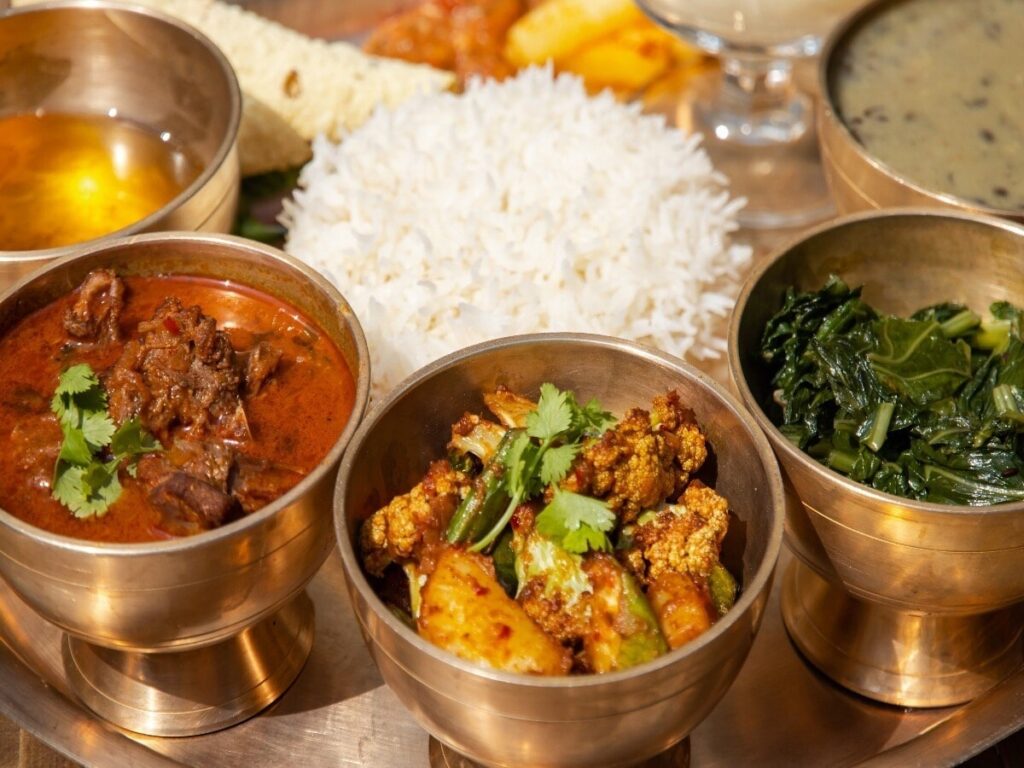Cooking certain foods multiple times may seem harmless or even convenient, but this habit can negatively impact our health. Overcooking food can lead to the loss of essential nutrients and may even expose us to harmful compounds. In this article, we will explore which foods should be avoided from excessive cooking and the potential health risks associated with them.
Understanding the Risks of Overcooking
Overcooking occurs when food is subjected to high heat for too long, which can change its composition. The dangers of overcooking extend beyond mere taste; they encompass nutritional degradation and the formation of harmful substances.
Nutritional Degradation
Cooking food not only alters its taste and texture but can also diminish vital nutrients. Here are some common nutrients that may be lost through overcooking:
| Nutrient | Common Foods Affected | Percentage of Loss (Approx.) |
|---|---|---|
| Vitamin C | Fruits, Vegetables | 50-80% |
| B Vitamins | Whole Grains, Vegetables | 30-50% |
| Protein | Meat, Fish | 10-20% |
Formation of Harmful Compounds
When certain foods are cooked at high temperatures for prolonged periods, they can produce harmful substances. This section outlines foods that are particularly susceptible to this phenomenon:
- Carbohydrates: Starchy foods like potatoes can form acrylamide, a potential carcinogen, when cooked at high temperatures.
- Meats: Overcooking meats can lead to the formation of heterocyclic amines (HCAs) and polycyclic aromatic hydrocarbons (PAHs), both linked to cancer risk.
- Vegetables: Overcooked vegetables may form harmful compounds, such as nitrites from certain leafy greens when browned excessively.
Foods to Avoid Overcooking
Here’s a concise list of foods to be mindful of when cooking:
- Broccoli: Retain its bright green color and crunch by steaming lightly instead of boiling.
- Eggs: Overcooking can result in a rubbery texture and the potential formation of harmful compounds.
- Fish: Overcooking can lead to dryness and loss of essential omega-3 fatty acids.
- Rice: Should be cooked just enough to retain texture and prevent nutrient loss.
Healthy Cooking Practices
Implementing healthier cooking methods can help retain nutrients and minimize health risks:
- Steaming: This method helps maintain the integrity of vegetables while preserving nutrients.
- Sautéing: Quick cooking in healthy oils can enhance flavor without excessive nutrient loss.
- Using the Microwave: This method often requires less time and preserves more nutrients compared to boiling.
Conclusion
Being aware of the risks associated with overcooking certain foods can significantly improve our nutritional intake and overall health. By adopting healthier cooking practices and avoiding the excessive preparation of specific foods, we can minimize potential health hazards and maximize the benefits of our meals. It’s essential to balance convenience in cooking with mindful practices that honor the nutritional value of our food.
